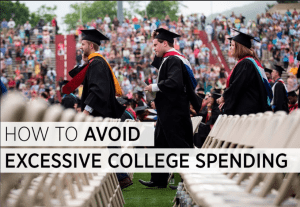Let’s put life into perspective here. Every kid should try to apply themselves to their school work. Of course that’s important. But we need to stop explicitly and implicitly communicating to our kids that what they do now will someone determine the rest of their life. We all know it won’t! To prove it, answer these questions:
- If you ever did something stupid, how does that impact you today?
- If you failed a class or a test, what impact does that have on your work day?
- If you didn’t make it the way everyone else did, how was your life been affected?
We all screw up and fail to perform to our very best. In fact, I would say that we often fail to perform to our very best because that’s exhausting. So the next time you have a talk with your child, say to them, “Yes this stuff is important but it’s not going to impact the rest of your life. Trying hard is way more important.” Why say that? Because it’s true. What we learn rarely is used in our adult lives. For example, when was the last time you recited the 50 states? What’s important is how we learn and building habits of success. If you’re a lifelong learner, you will always be building on that. Once we get the “this will affect you the rest of you life fallacy” out of the way, teach your kids how to balance school, work, and fun. That’s the greatest gift we can give them.
Steven J. Harvey, Ph.D.
CEO, www.MyCollegeMax.com | CEO, www.steveharveyphd.com












